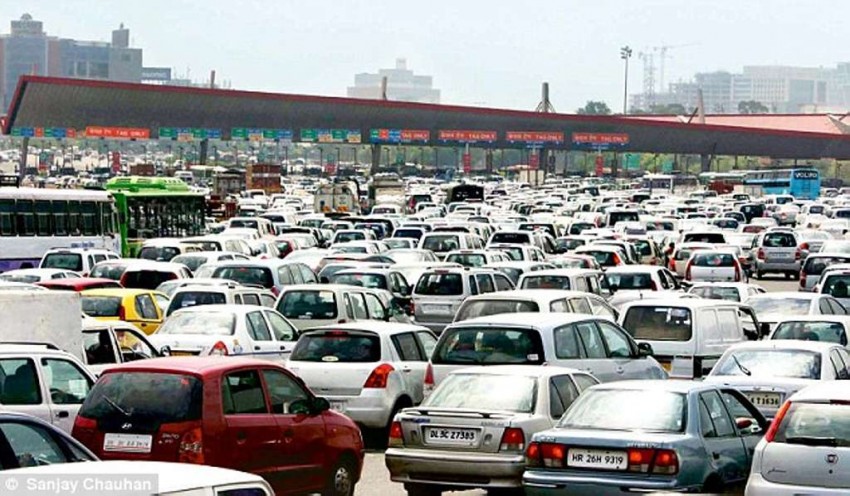
Fuel prices will be revised regularly from 16th June across the country; will enable the customers adjust with revised pricing rate easily
As the daily price revision of petrol and diesel is about to begin across the country from 16th June, petrol pump dealers are threatening to call strike against the move. The fuel station owners have said that they will stop buying fuel from 16th June. They demand the automation of retail outlets first before the new decision is implemented.
The decision was taken to sync the regularly changing fuel pricing with the international market pricing of crude oil. Government of India believed that 2with this move customers will be able to adjust themselves with revised pricing more easily compared to the current system. Presently, fuel prices are revised twice of every month, on the 1st and 16th date.
Also read: 20+ Expected Upcoming Cars at 2018 Auto Expo
More often the current system results in a big leap in pricing fuelling displeasure across the country from the country. Initially, the move was implemented as a pilot project in five cities – Chandigarh, Udaipur, Jamshedpur, Puducherry and Vizag, covering northern, western, eastern and southern zones of the country. Three state ruin oil companies followed the new rule in their 200 fuel stations across these five cities.
These three oil companies current sell 86% of the total fuel across the country, while the rest is sold by private operators like Reliance Industries Ltd and Essar Oil Ltd. The fuel station owners say that automated retail outlets will keep transparency after the implementation of the new system. They say manual price administration will be tough and it could lead to trouble.
Also read: Top 20 Most Fuel Efficient Cars in India
The move is being implemented inspired by the same system in several advanced markets across the world. With this hike in the international market pricing of crude oil will result in rise in local price as well. On the other hand, if the rates go down in international market, local customers will be benefitted from that.
